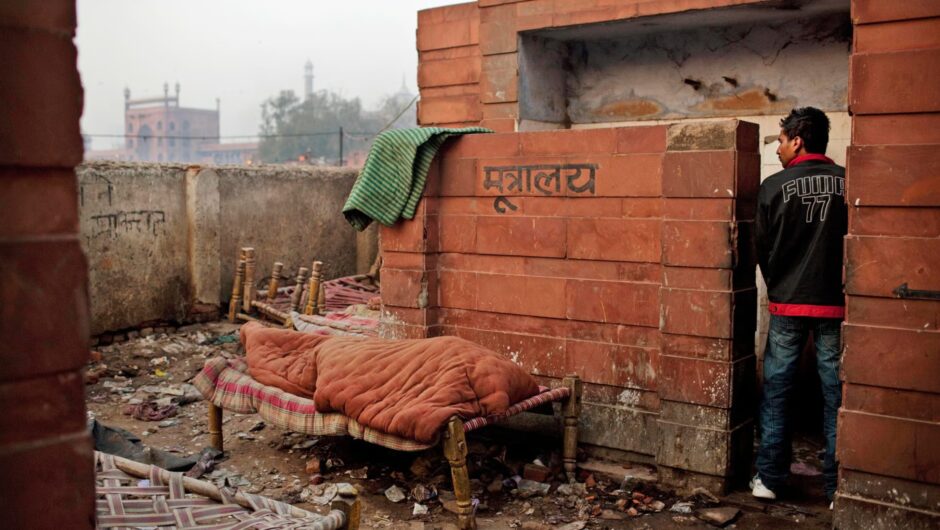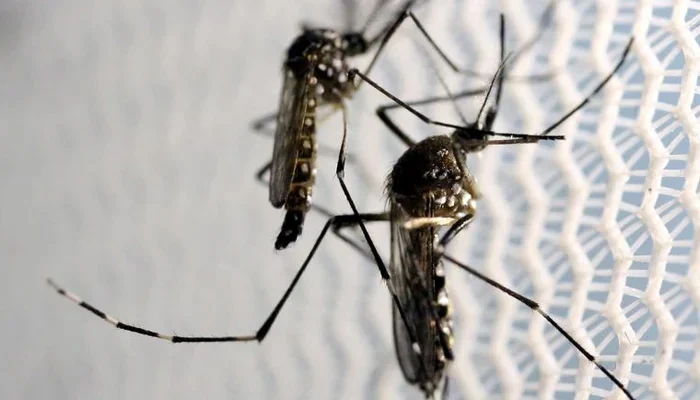The recent terrorist attack in Pahalgam, Indian-administered Kashmir, has significantly strained relations between India and Pakistan. The assault, which resulted in the deaths of 26 individuals, primarily Hindu tourists, has led to heightened tensions and a series of retaliatory actions by both nations. In a symbolic gesture reflecting the escalating discord, the traditional handshake at the Wagah-Attari border ceremony has been notably absent.
The Pahalgam Attack: A Catalyst for Escalation
On April 22, 2025, five armed militants launched a coordinated attack on tourists in the Baisaran Valley near Pahalgam. The assailants, equipped with M4 carbines and AK-47s, segregated the victims based on religion before opening fire. The Resistance Front, a militant group with alleged ties to Lashkar-e-Taiba, initially claimed responsibility but later retracted their statement. Indian authorities have linked the attack to Pakistan-based operatives, citing forensic evidence and intelligence intercepts .
In response, India has taken several punitive measures, including suspending the 1960 Indus Waters Treaty, expelling Pakistan’s military attaché, and closing the Wagah-Attari border. The abrupt closure has led to the separation of families, with Pakistani children visiting India facing deportation and Sikhs in Amritsar being cut off from Lahore, a significant religious and historical site .
The Wagah-Attari Border Ceremony: A Symbol of Strained Relations
The Wagah-Attari border ceremony, held daily at sunset, is a highly choreographed event where Indian and Pakistani border guards perform synchronized drills, culminating in a handshake and the lowering of the national flags. This display has historically been a symbol of both rivalry and camaraderie between the two nations.
However, the recent closure of the border has halted this tradition. The absence of the handshake at the ceremony serves as a poignant symbol of the current state of relations between India and Pakistan. The once-enthusiastic crowds that gathered to witness the event are now left in silence, reflecting the broader geopolitical tensions that have overshadowed the region .
International Reactions and Diplomatic Efforts
The international community has expressed concern over the escalating tensions. The United States has urged both India and Pakistan to engage in dialogue and work towards a responsible resolution, emphasizing the need to avoid further escalation . China has also called for restraint, warning against actions that could lead to a broader conflict between the two nuclear-armed nations.
Despite these calls for de-escalation, both India and Pakistan have maintained their positions. India continues to hold Pakistan accountable for the Pahalgam attack, while Pakistan denies any involvement and calls for an impartial investigation. The closure of the Wagah-Attari border and the absence of the handshake at the ceremony underscore the deepening divide and the challenges facing diplomatic efforts to restore peace and cooperation.
Conclusion of Pahalgam
The Pahalgam attack has not only resulted in tragic loss of life but has also served as a catalyst for heightened tensions between India and Pakistan. The absence of the traditional handshake at the Wagah-Attari border ceremony symbolizes the current state of relations and the challenges ahead in rebuilding trust and fostering dialogue. As both nations navigate this complex situation, the international community’s role in encouraging constructive engagement remains crucial to preventing further escalation and promoting lasting peace in the region.
Topics #News #Pakistan #trending pakistan #Updates




